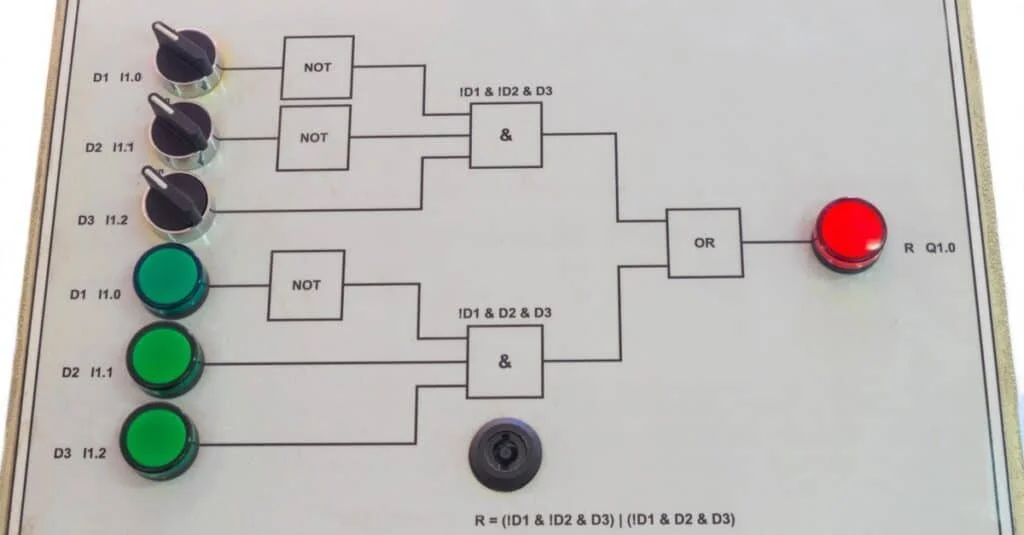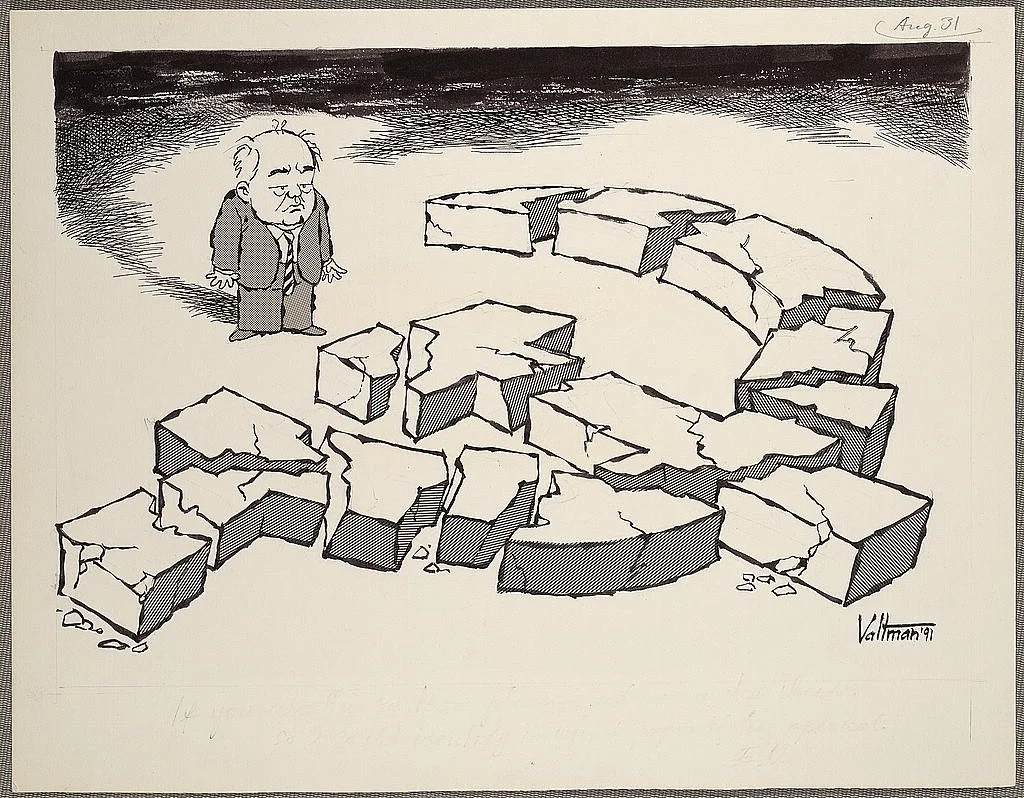CBDC: Unsustainable Money
“And again the anger of the LORD was kindled against Israel, and he moved David against them to say: ‘Go, number Israel and Judah.’”
Are today's Central Bank Digital Currencies like King David's census? Beyond Bitcoin, this digital money claims to encode all transaction details. This would be a mistake, as the ancients warned us...
A person could only count or “number” what belonged to them.
None of the rulers of this world could justifiably carry out a census, since none of them owned the land, its resources, or its people.
As the Bible shows, the ancients understood that the land were not theirs to own; they were only its custodians. Later, when William the conqueror ordered a census in 1085, it made sense to call it “Domesday Book”, and told themselves the proscription only covered the promised land.
There's a very practical wisdom to this story:
There is a tension between what men willed and what nature decided.
Over time, wherever we better mastered energy, we shifted the balance towards the will of men. The cheaper energy got, the greater our “cognitive toolkit”, the wider our range. We opened up ever-larger proportion of the planet’s resources for our use, by “taking over” and displacing other lifeforms, as we grew from hunting and gathering, to farming, to intensive industry. We were able to do so thanks to the various specialized tools that we developed to augment our own strength, or to leverage the energy we extracted from nature.
The more we accessed, the more we measured...
...the more we forgot.
In a sense, forgetting is an adaptation. A census would be a maladaptation. Worse; it is a static image. Yes, William the conqueror’s 1085 “Domesday Book” may have established the final word on resource allocation; “just as the sentence of that strict and terrible Last Judgement cannot be evaded by any art or subterfuge”. However, while they establish “facts which are written down”, they only offered a static “snapshot” of a dynamic world, and did not prevent his ignominious demise.
On an ever-changing Earth, any measured fact becomes obsolete the moment we recorded.
With every generation, we get used to a “new normal”, and continue to drawdown resources without realizing it. In most cases, we managed local shortages by “enlarging the scope” of resource gathering; by increasing our area of activity through trade. Wherever this was not possible, the “carrying capacity” of the area could not increase, and our growth stalled. On Easter Island, while every passing generation saw fewer trees than the one before it, it had no notion of either the forest that met the first settlers, or of the negative effect of the invasive rats.
With each passing generation, the burden of information accumulates.
Information technology affords governments ever more control over populations and the means of production. Already, China’s “social credit system", by automating North Korea’s system, affords rulers and technocrats far more control that at any time in history, beyond what the dreams of the Qin Empire. Digital currencies take this a step further, creating a powerful version of the Inca's Quipu...
The Qin Emperor's Terracotta Army, in their full colour.
But those approaches all share a key weakness; they rely on a “binary” system. They are essentially subject to a Boolean logic where things are either true or false.
The real world is an “analog” system.
In the real world, things can be many things at once, even contradictory.
A lioness' mouth is both a powerful killing tool that tears down prey, and a solid grip with which it carries its young
An ever-hungry ruthless killing beast can chill and enjoy the sunset, or even adopt a potential prey. Even at the smallest level; inoffensive proteins can turn into a deadly prions once it folds differently. Whatever it is, the way you tell your story online can make all the difference..
To manage this complexity, we would need ever-increasing computing power. But since “information is physical” (for now), it will soon add its own energy costs and inefficiencies. Any information generated exerts its own cost in energy.
There is a cost to maintain information.
This cost is non-trivial. Life, unlike a computer, forgets. Like a computer, lifeforms regulate the flow of the information to maintain their "internal environment stable despite constant disruptions". Unlike a computer system’s “simple, top-down, predictable, and monolithic” operating system, Life relies on a very rich and varied way to store, transmit, and interpret information in a “bottom-up” manner.
how Chirality Changes things
Modern society already feels like an amorphous superorganism with a will and a drive of its own. Too many social and business interactions are becoming over-constrained, stifled by either excessive public regulation or private micromanagement. This misguided ordering via management and design stifles society’s ability to react to shocks, just like modern car-centric urbanism hinders ancient cities by oversimplifying the complexity of their the multifaceted, multifunctional relationships found across.
1991: Mikhail Gorbachev dismayed at the shattered Soviet Union (Edmund S. Valtman)
When an unexpected event happens, we will struggle to respond. When the Soviet Union collapsed, it opened-up the door of freedom, but also the floodgate of calamity to those excessively dependent on the central system. The effects linger on. Yet the collapse of the Classical Mayan civilization did not end the Maya, far from it; while the end of the central system took many with them, their culture endures, and they managed to put up quite a fight against the invading Spaniards.
"but these sheep, what have they done? let thine hand, I pray thee, be against me, and against my father's house".




